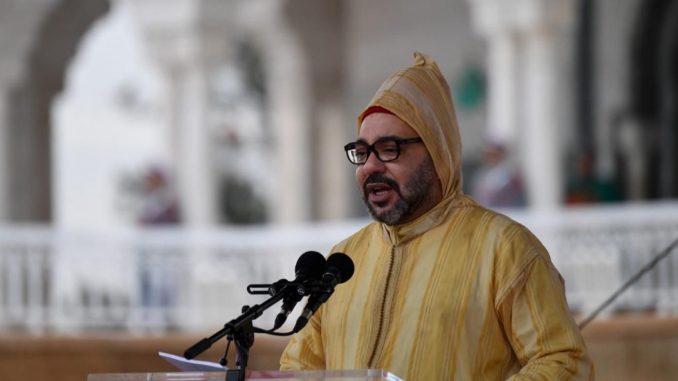
One of the fundamental characteristics of the political system of our southern neighbor is Caesaropapism, that is, the union between earthly and spiritual power in the hands of the monarch. A particularity that clashes both with the liberal-democratic principles contained in its constitution, and with the increasingly widespread discourse of radical Islamism. Regarding the latter, it must be taken into account that the transformation of the Moroccan into a parliamentary monarchy like Western monarchies would be perceived by radical Islam as illegitimate and a source of decadence. All of which poses an important problem for the Alawite regime because, although in general terms religion acts successfully as a legitimizing element of the monarchy, the doctrinal basis of this religious leadership is intrinsically incompatible with the doctrinal basis of the Global Jihadist Movement.
(Keep reading…) Dear reader, this article is exclusively for paying users. If you want access to the full text, you can subscribe to Ejércitos Magazine taking advantage of our offer for new subscribers through the following link.

Be the first to comment